6 Hair Care Tips For Dry Scalp In Winter
Simple haircare hacks to let you enjoy the snowflakes outside, not on your scalp
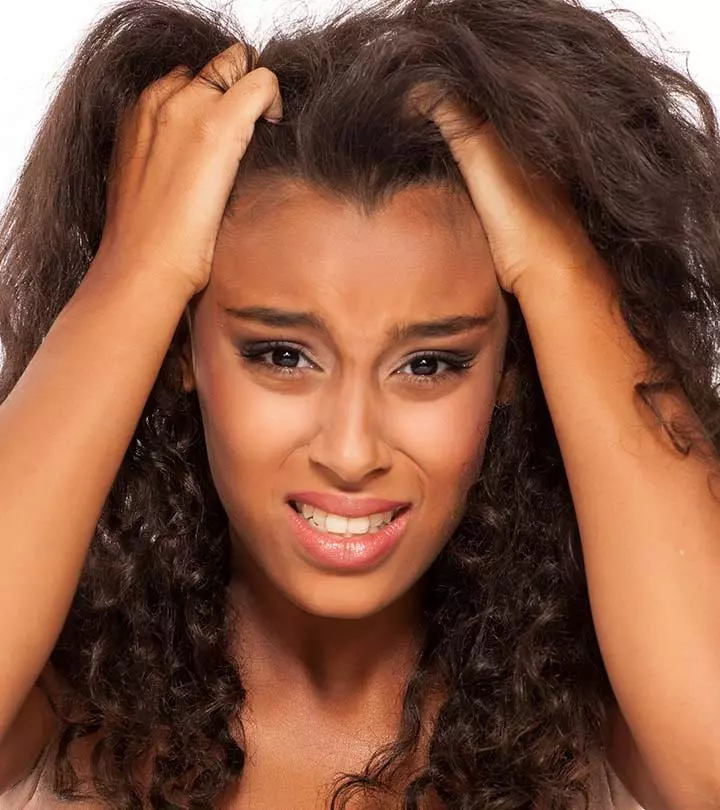
Image: iStock
The cold winter breeze can be extremely harsh on your scalp. The weather zaps the moisture out from your scalp, making it dry and flaky and causing itching and dandruff. But certain hair care tips can help you deal with the dry scalp in winter. Along with changing the hair care regimen that suits this season, the remedies listed in this article can help treat your dry scalp issues. We have covered the 6 best hair care hacks to help you combat dry scalp. Continue reading to know more.
In This Article
6 Ways To Avoid Dry Scalp During Winter
Here are some of the best winter hair care tips to keep your scalp free from dandruff.
1. Massage Your Scalp
Massage your scalp to avoid dryness during winters. This stimulates blood flow to the scalp and improves its health. A scalp massage acts like a facial for your dry scalp, exfoliating dead skin cells and removing excess oil. It helps prevent product buildup and flaking. Scalp massages also soothe itching and sebum production.
Massage your scalp with a soft boar bristle brush before shampooing. Pure boar bristles lift away dirt and help distribute the natural oils of your scalp.
2. Apply DIY Hair Masks For Deep Conditioning
You can apply DIY hair masks to get rid of a dry scalp. A hair mask with egg yolk and honey helps condition your dry locks and soften them. These ingredients work as moisturizers, allowing the nutrients permeate through the hair roots into the scalp. This helps seal the hydration and prevent dryness.
 Quick tip
Quick tip3. Rinse Your Dry Scalp With Apple Cider Vinegar
The sudden transition in temperatures during winter disturbs the scalp’s pH, and its protective barrier becomes vulnerable to bacterial and fungal infections. An apple cider vinegar (ACV) rinse helps treat dry scalp by restoring your scalp’s pH. The antimicrobial and anti-inflammatory properties of ACV eliminate bacteria or fungi and exfoliate the scalp.
Mix equal parts of ACV with water and spray this solution on your scalp. Wait for 10 minutes and rinse.
4. Avoid Heat Styling Tools And Hot Showers
Wet hair
does not air dry easily during winters, which is why you tend to overuse your blow dryer. When you blow dry your hair, you are also heating your scalp. The excessive heat from the dryer can irritate and dry out your scalp. Also, using heat styling tools can make your hair brittle and cause breakage (2). Avoid hot showers during winter as it strips the moisture and natural oils of your scalp, making it dry and flaky.
5. Use Mild Hair Care Products
Always use a sulfate-free, mild shampoo to balance the moisture content of your scalp without stripping its natural oils. This helps prevent dryness and itchiness. Hair care products with natural and organic ingredients are safe for your scalp and help treat dryness. Detox, medicated, or natural shampoos with tea tree oil are also beneficial for dry scalp issues.
6. Cover Your Head
The chilly, dry weather zaps the moisture from your scalp and makes it dry. Sun exposure also dries out your hair and scalp, worsening your scalp issues. Cover your head to block the sun rays and reduce the stress caused by the cold winds and snow. Always wear a hat or scarf when you are out.
Key Takeaways
- A thorough scalp massage helps prevent product buildup and flaking.
- If you have a dry scalp, it is best to rinse it with apple cider vinegar as it helps restore the scalp’s pH.
- Heat styling and hot showers can strip off moisture from your hair, making it dry and flaky.
- Home remedies for a hydrated scalp include tea tree oil, meditation, and a balanced and healthy diet.
Natural Remedies To Deal With Dry Scalp
- Tea Tree Oil
Tea tree oil has antifungal properties and helps fight dandruff and itchiness (3). It also helps moisturize and soothe a dry scalp. Add a few drops of tea tree oil to your shampoo or apply it to your scalp with a carrier oil. You can use it to get rid of dandruff in winter as well. However, more home remedies can help you get rid of dandruff in winter, which you can explore at your convenience.
- Meditation
Increased stress levels can cause dry scalp. And a simple way to lower your stress is by practicing meditation. Meditative practices like yoga can bring incredible changes to your mind and body. It helps relieve stress, which, in turn, makes your scalp healthy.
 Did you know?
Did you know?- Eat Well
Protein and vitamins are essential nutrients for a healthy scalp. Consume vitamin-rich foods like carrots, eggs, pumpkins, and berries. Minimize the consumption of coffee and alcoholic beverages to alleviate dry scalp issues. Follow a balanced diet that includes vegetables, leafy greens, dairy products, omega-3 fatty acids, and meat to keep your body and scalp healthy.
- Aloe Vera
Aloe vera possesses moisturizing properties that may help soothe and hydrate the scalp, relieving itchiness, dryness, and flakiness. Further, its anti-inflammatory and antimicrobial properties may help combat dandruff, seborrheic dermatitis, and the irritation caused by the harsh winter (4), (5). You may apply fresh aloe vera juice to your scalp for 15-20 minutes and then wash it off with a mild shampoo.
- Lemon Juice
Research suggests that the citric acid present in lemon juice may help balance the scalp’s pH (6), (7). Further, its antifungal properties may help combat dandruff, a contributing factor to itchy and dry scalp (6). You may dilute freshly squeezed lemon juice with water and apply the mixture to the scalp. Leave it on for 10-15 minutes before washing it off.
Find effective solutions for dry, flaky scalps in this informative video. Learn how to restore hydration and reduce irritation and peeling on your scalp with professional advice, treatments, and suggested products. Click play to find out.
With every changing season comes different scalp and hair issues you need to manage. In winters, your scalp becomes dry, leading to flaking, scaling, dandruff, itching, and irritation. You should follow the recommended tips mentioned above to prevent a dry scalp in winter. Massage your scalp with oil to moisturize the scalp and maintain good blood flow. Apply deep conditioning hair masks to nourish and hydrate your scalp and hair. Rinse your scalp and hair with apple cider vinegar to maintain their pH level. Other tips include using the right hair care products, avoiding heat styling tools, and using natural remedies to keep your scalp healthy. However, you can explore more ways of understanding how you can get rid of dry scalp, which will allow you to keep your hair healthy in all seasons.
Frequently Asked Questions
Why is my scalp so dry in the winter?
The cold temperature and air dry out all the moisture and natural oils from your scalp and hair, leaving it rough and dry.
Does a conditioner dry your scalp?
Conditioners contain moisturizing ingredients that hydrate hair strands. They are not for the scalp because the scalp already contains natural oils. Applying conditioner to your scalp can cause buildup and clog the follicles.
References
Articles on StyleCraze are backed by verified information from peer-reviewed and academic research papers, reputed organizations, research institutions, and medical associations to ensure accuracy and relevance. Read our editorial policy to learn more.
- Hair Cosmetics: An Overview
https://www.ncbi.nlm.nih.gov/pmc/articles/PMC4387693/ - Hair Shaft Damage from Heat and Drying Time of Hair Dryer
https://www.ncbi.nlm.nih.gov/pmc/articles/PMC3229938/ - Treatment of dandruff with 5% tea tree oil shampoo
https://pubmed.ncbi.nlm.nih.gov/12451368/ - A double-blind placebo-controlled trial of an Aloe vera (A. barbadensis) emulsion in the treatment of seborrheic dermatitis
https://www.tandfonline.com/doi/abs/10.3109/09546639909055904 - Formulation and evaluation of aloe vera gel shampoo
https://media.neliti.com/media/publications/409534-formulation-and-evaluation-of-aloe-vera-273d5bc2.pdf - BASIC PHYTOCHEMICAL STUDY AND EVALUATION OF ANTIDANDRUFF POTENTIAL OF FRUIT JUICES OF CITRUS LIMON. L
https://www.rphsonline.com/wp-content/uploads/2019/11/RPHSVol2Issue3Article4.pdf.pdf - Shampoo and Conditioners: What a Dermatologist Should Know?
https://www.ncbi.nlm.nih.gov/pmc/articles/PMC4458934/
Read full bio of Dr. CP Thajudheen
Read full bio of Arshiya Syeda
Read full bio of Anjali Sayee
Read full bio of Monomita Chakraborty








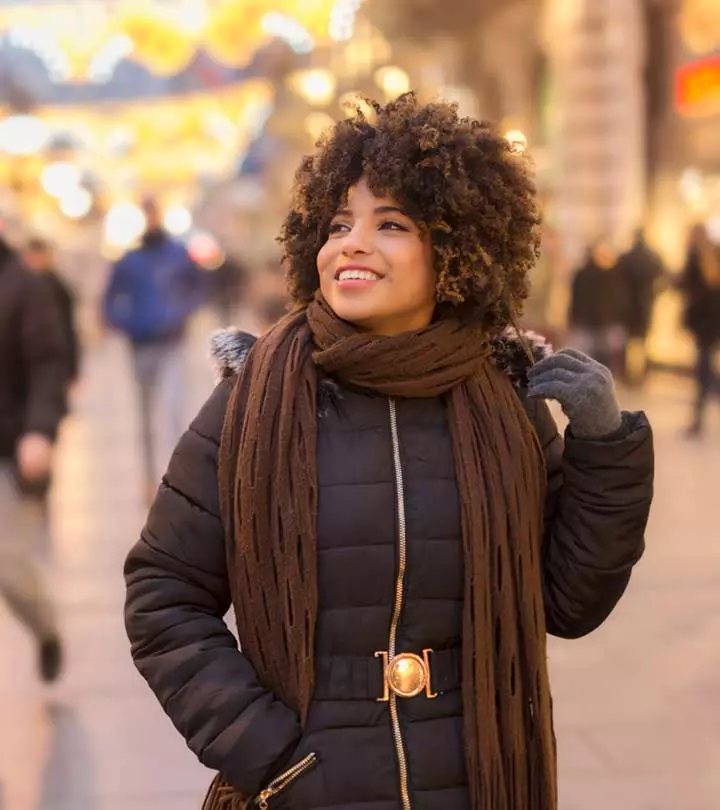

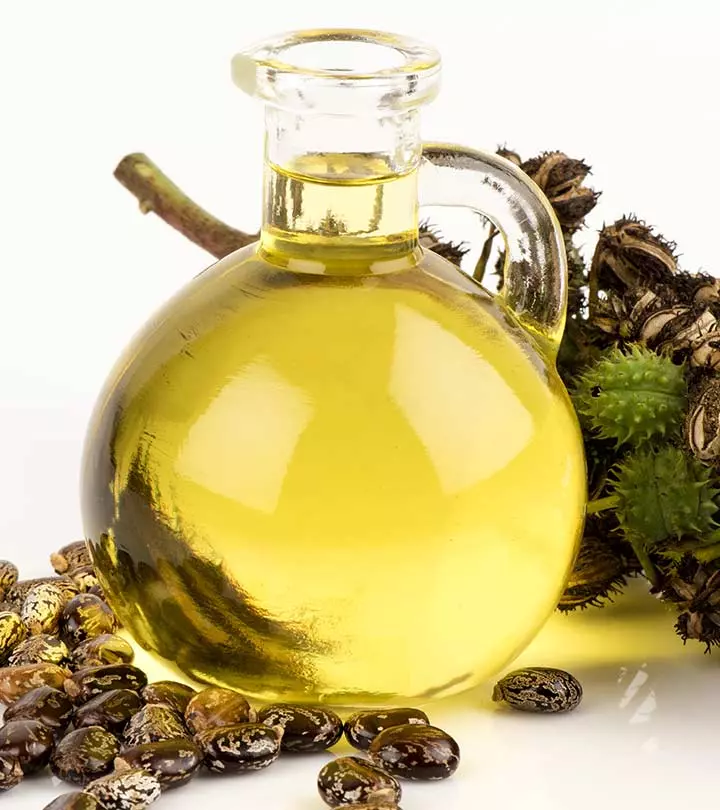
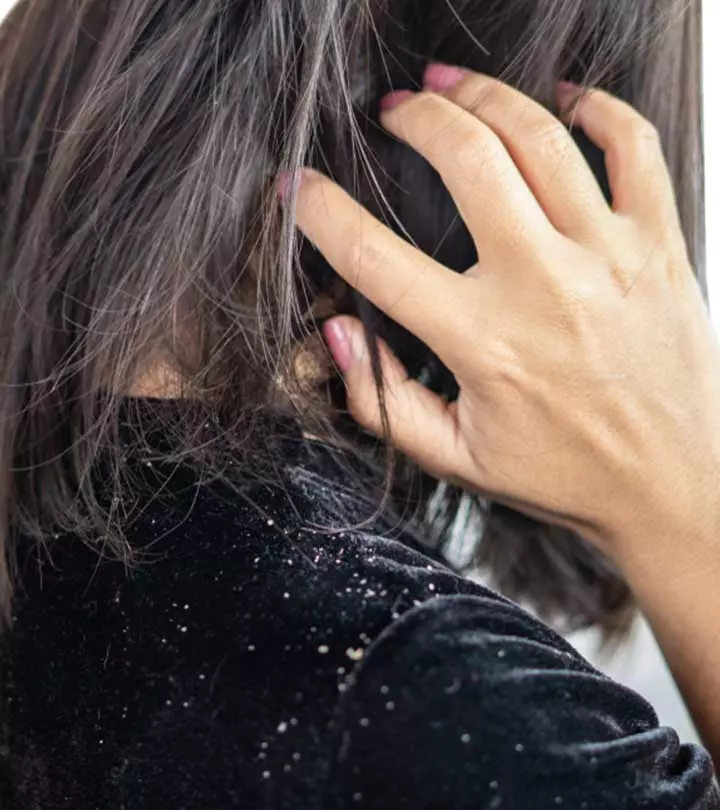
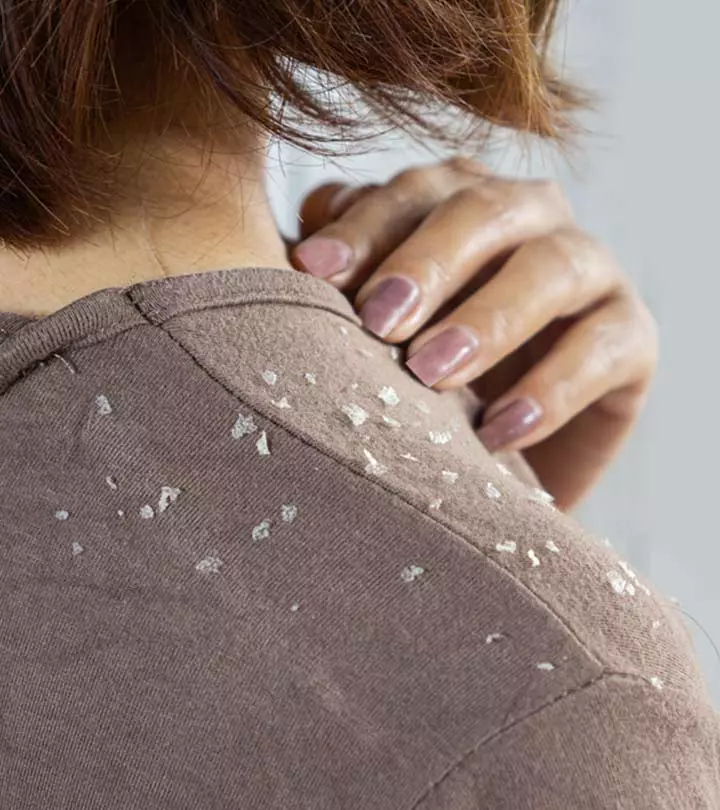
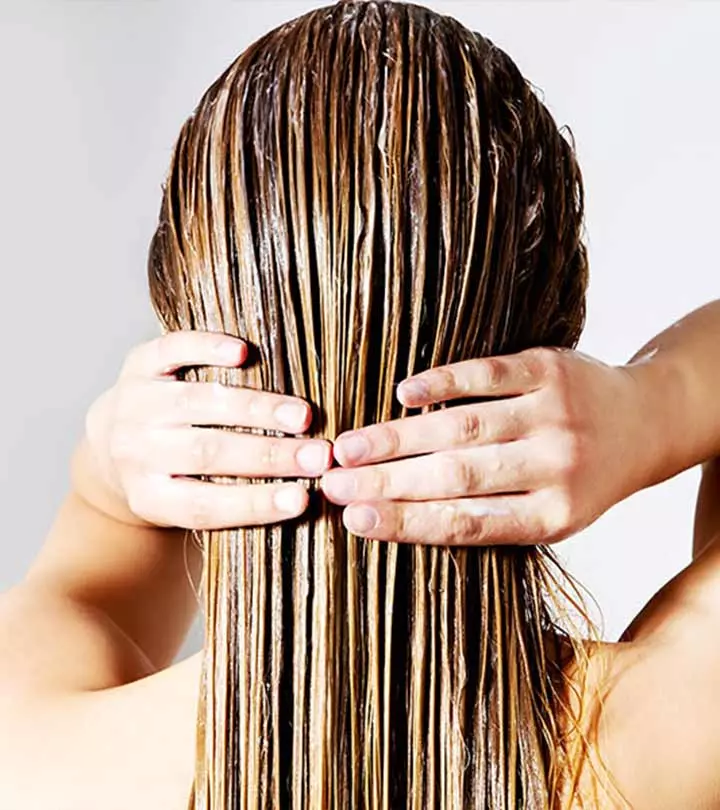
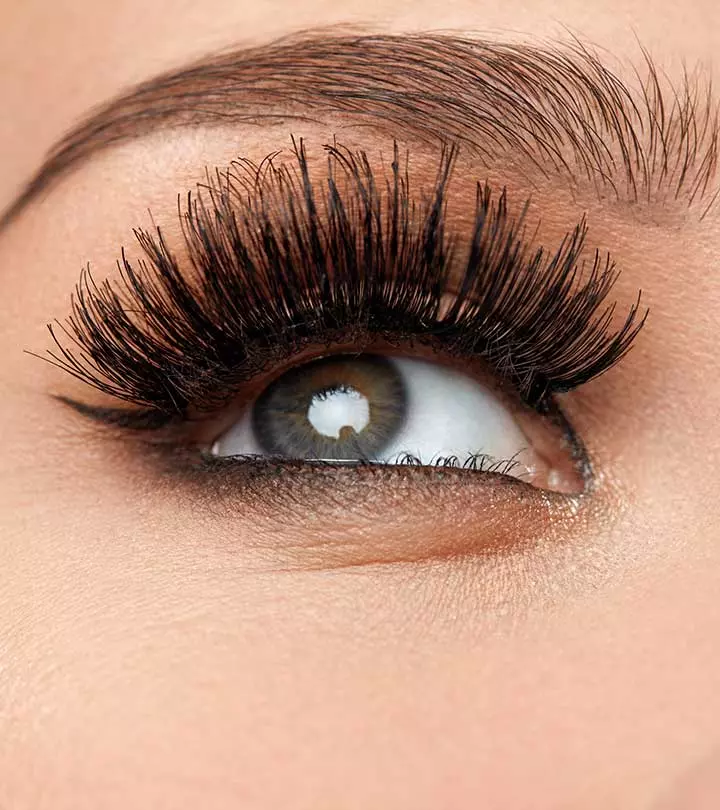
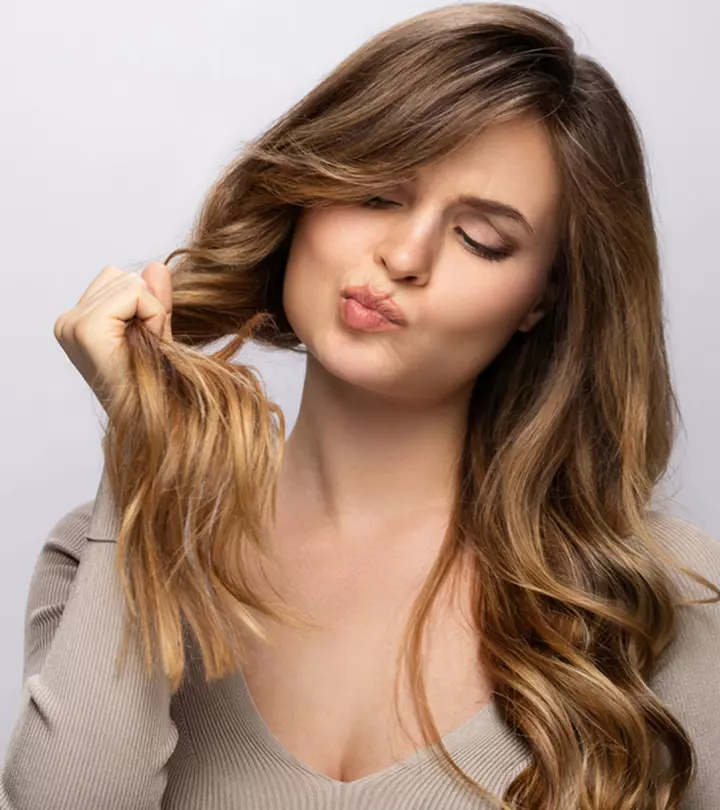
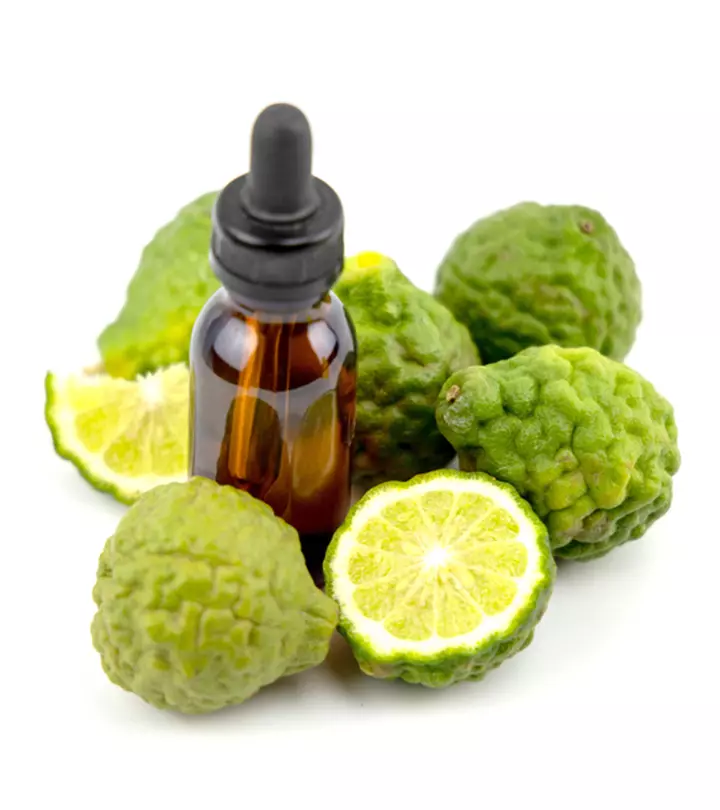

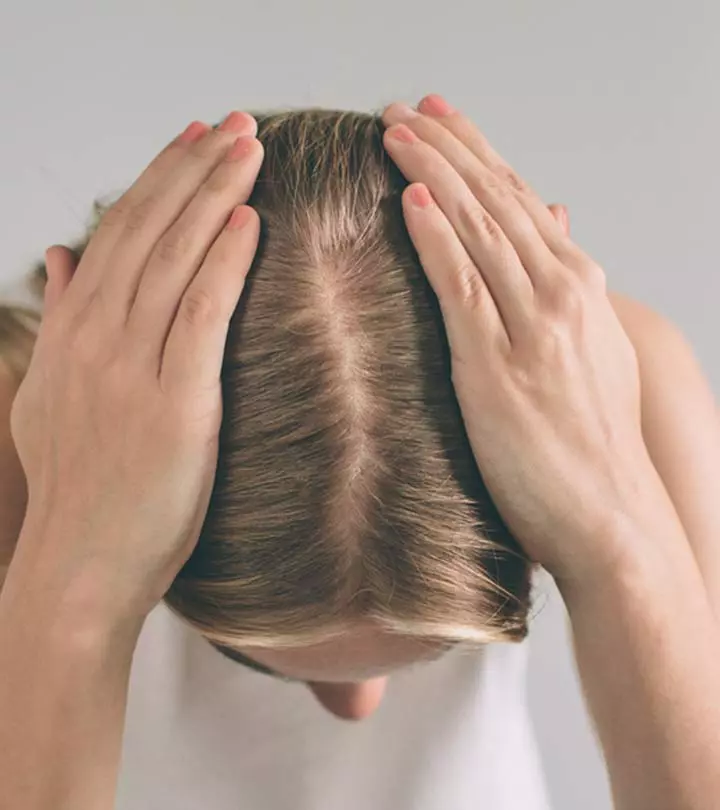
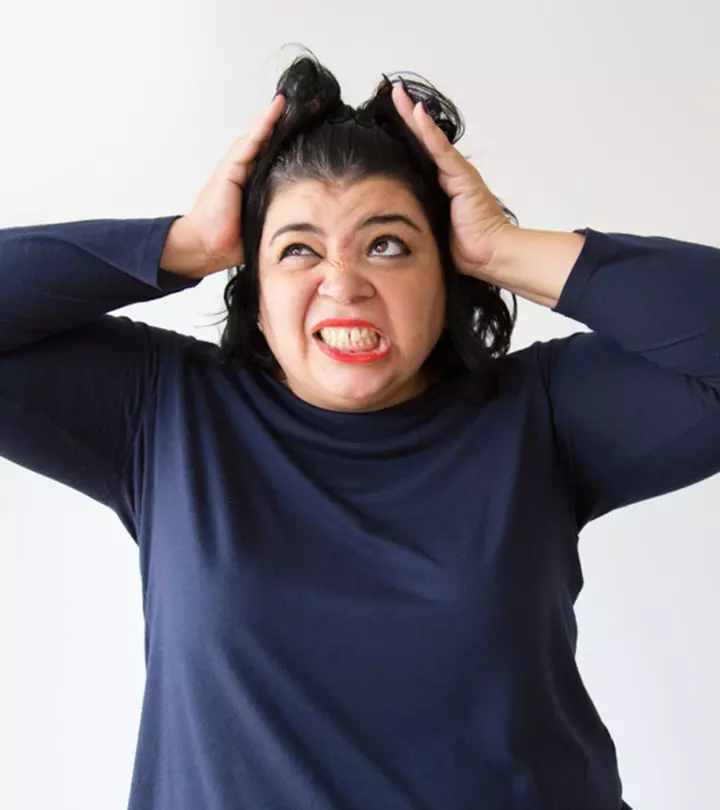
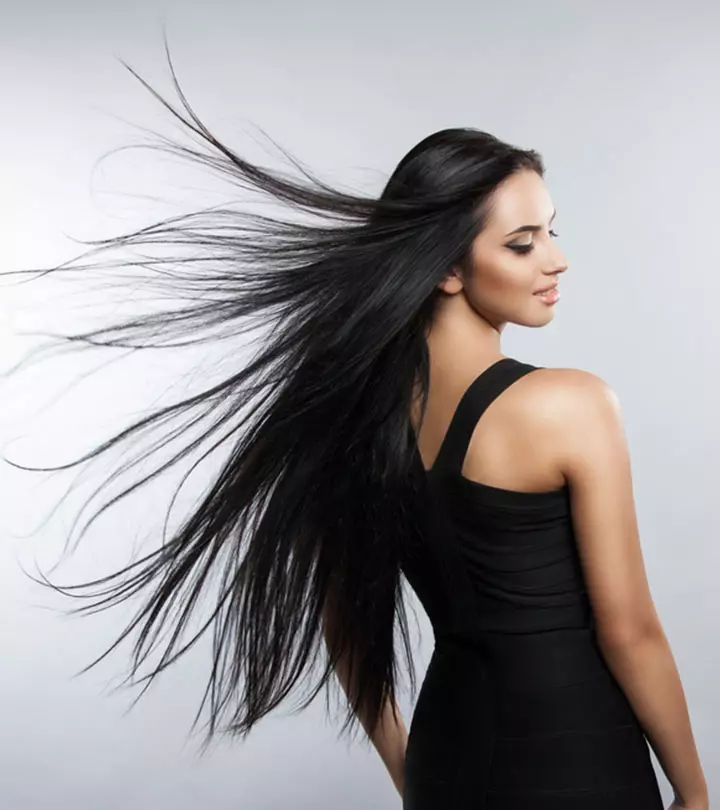

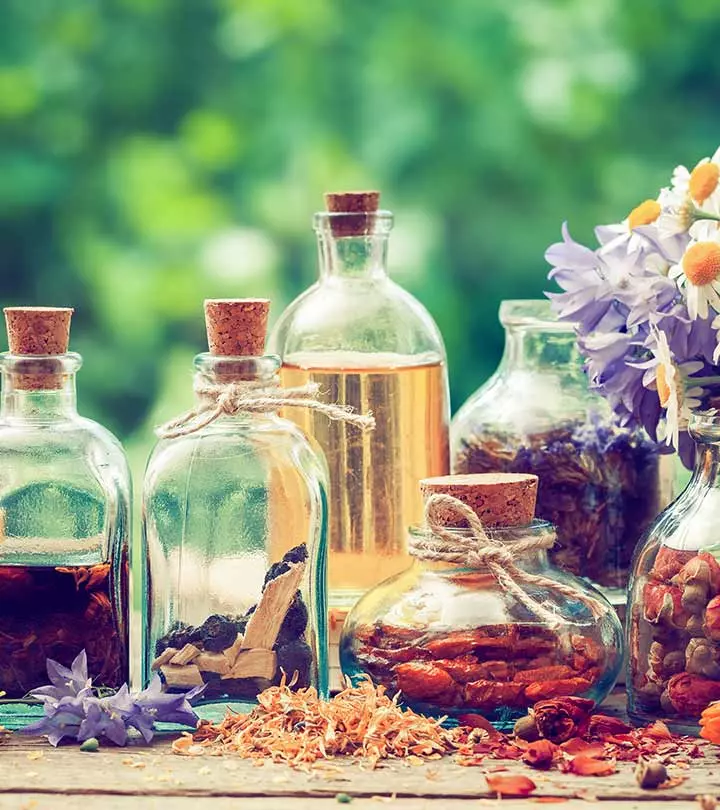
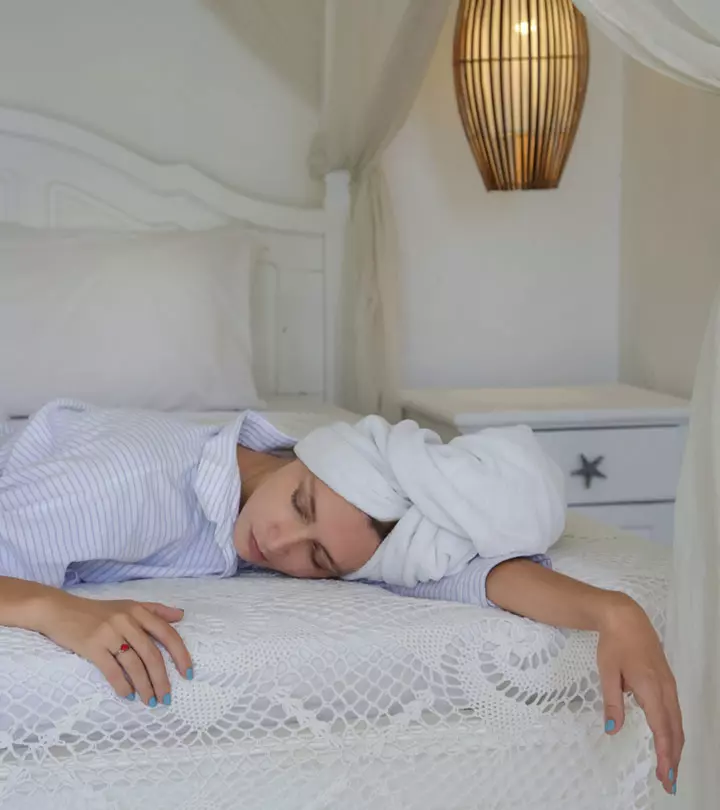

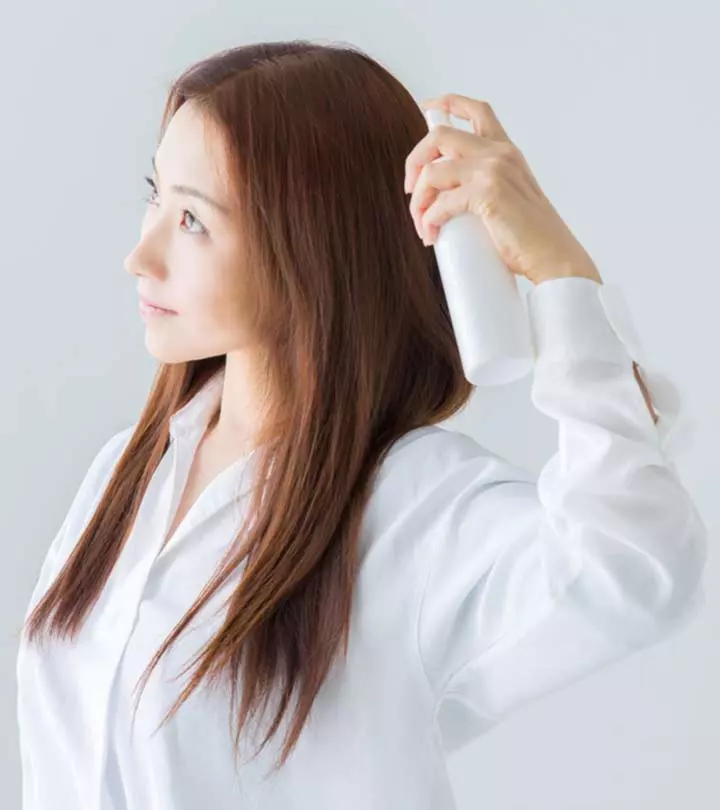
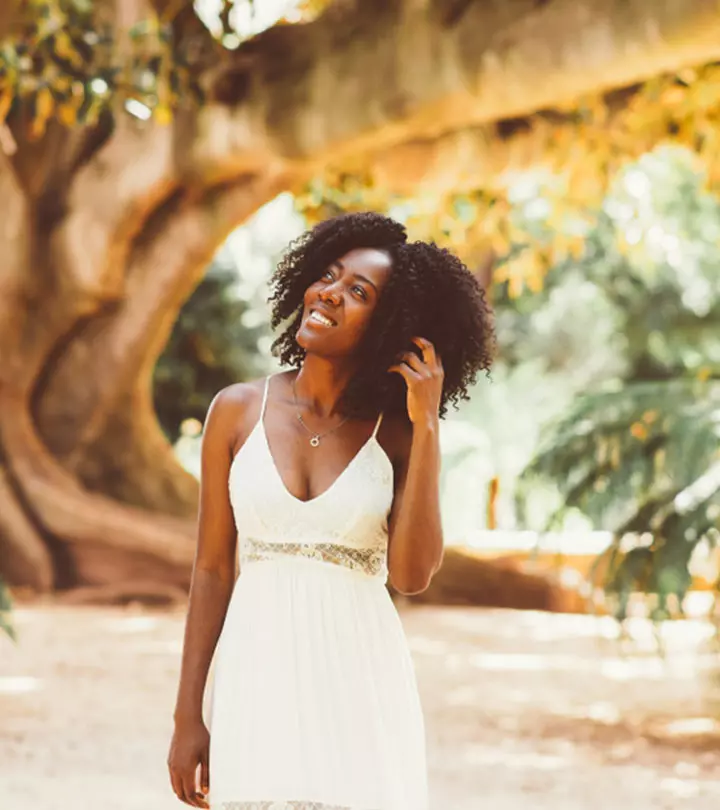
Community Experiences
Join the conversation and become a part of our empowering community! Share your stories, experiences, and insights to connect with other beauty, lifestyle, and health enthusiasts.